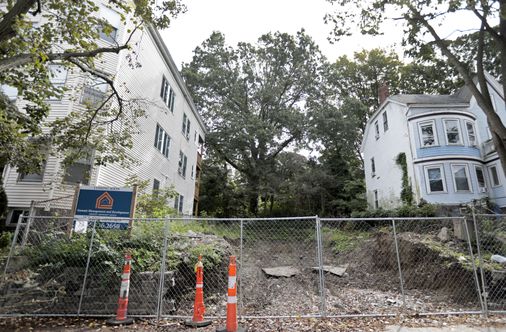
A false narrative exists that Boston neighborhoods must sacrifice environmental health to meet affordable housing demands (“ ‘Once you cut down this tree, then what?’ ” (Metro, Oct. 1). In reality, residents need durable shelter with mature trees and access to garden space. These bring crucial protections from heat and flooding and provide clean air and water; trees improve well-being and can mitigate loss of life and property in disasters.
In short, mature trees are Boston’s best hope to mitigate many risks of urban living. Both health and finance require that we stop urban tree clearing and adopt an ecologically centered approach to new developments. Boston must prioritize adaptive reuse. We need affordable homes, not more luxury condos or lab space — these are already abundant.
Boston cannot afford new developments in flood zones or along toxic air corridors. Residents need functional and affordable public transit options before increased density along transit corridors.
It is time to reject profit-driven, environmentally degrading building. To thrive, Boston must develop a plan for livable and resilient affordable housing, with and for neighborhoods.
Ruth Whitney
Boston
